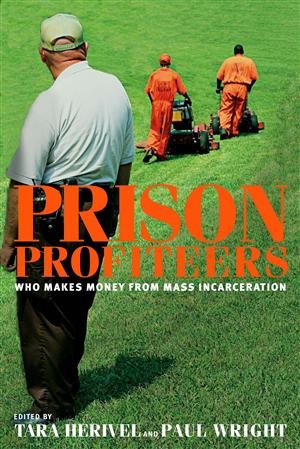This column is a follow-up to my original column published in the March 2021 issue of Criminal Legal News titled “Raising Successful Federal Habeas Corpus Claims.” In that first piece, I explained how to identify valid claims for federal habeas relief, claims that have the potential to justify relief. This …
by Dale Chappell
For prisoners who have exhausted their state postconviction options, the path to relief in federal court is filled with obstacles. Many assume that the only option is federal habeas corpus under 28 U.S.C. § 2254, but the Antiterrorism and Effective Death Penalty Act (“AEDPA”) has made that process …
by Dale Chappell
If you’re reading this, you’re probably looking to understand how to challenge your state court conviction in federal court. Federal habeas corpus petitions give you that chance, but since 1996, the path has gotten a lot harder. The Antiterrorism and Effective Death Penalty Act (“AEDPA”) introduced strict …
by Dale Chappell
For nearly a decade, the ACLU has fought Michigan’s Sex Offender Registration Act (“SORA”), challenging provisions it claims violate constitutional rights. Despite repeated rulings declaring earlier versions unconstitutional, Michigan enacted a revised SORA in 2021 that retained many restrictive and retroactive measures. In Does v. Whitmer, 2024 …
by Dale Chappell
ederal courts have increasingly rejected the government’s argument that the U.S. Sentencing Commission lacked authority in implementing U.S. Sentencing Guidelines (“USSG”) § 1B1.13(b)(6). This provision, effective as of November 2023, allows courts to consider non-retroactive changes in sentencing laws when determining whether a prisoner’s sentence is unusually …
by Dale Chappell
The term “procedural default” is a significant barrier in federal habeas corpus petitions. It means that if a claim could have been raised on direct appeal or at any earlier stage but was not, a federal court generally cannot consider the claim. However, there are several recognized …
by Dale Chappell
As most federal prisoners know, the so-called “Savings Clause” under 28 U.S.C. § 2255(e) is now dead in the wake of the ultra-conservative Supreme Court’s questionable decision in Jones v. Hendrix, 143 S. Ct. 1857 (2023). If you’re not aware, Hendrix ended the use of the Savings Clause, …
by Dale Chappell
In the name of finality, federal courts are reluctant to undo criminal judgments of the state courts—especially repeated attempts by petitioners to do so under federal habeas corpus. When the Antiterrorism and Effective Death Penalty Act (“AEDPA”) came along in 1996, codifying longstanding rules prohibiting multiple attempts …
by Dale Chappell
Refusing to uphold an unconstitutional death sentence, the U.S. Court of Appeals for the Fourth Circuit held on March 22, 2023, that the State’s forfeiture of a procedural defense in a habeas corpus appeal could not be revived after a remand from the U.S. Supreme Court.
Over …
by Dale Chappell
If you’re filing for post-convictionrelief under 28 U.S.C. § 2255, getting the court to grant an evidentiary hearing is a big step toward getting that relief. Successful § 2255 motions are often based on claims asserting facts that are not in the record. Indeed, the primary purpose …





